TikTok takes on the world
The Chinese app best known for silly dance videos crashed Trump’s party, but concerns about privacy and data won’t go away
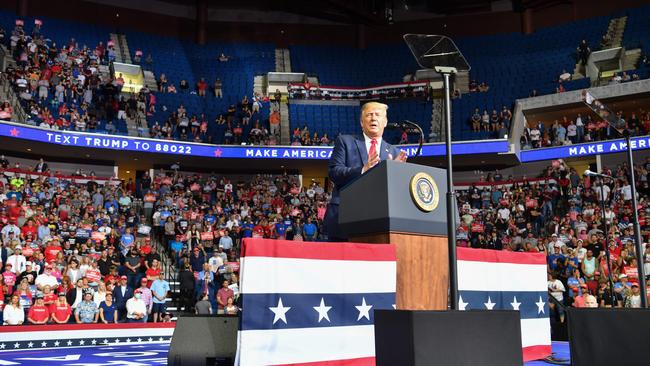
Donald Trump brimmed with braggadocio on the eve of a campaign rally in Tulsa, Oklahoma. The mask- optional event was meant to revitalise his presidential campaign since COVID-19 had forced shutdowns, plunging America into a once-in-a-century economic swoon and sending his approval ratings to new lows. Interest in the event was, apparently, huge.
“We are either close to or over one million people wanting to go,” he said.
As it turned out, there were a lot of empty seats. When fewer than 7000 people turned up to the 22,000-seat arena, Trump’s campaign blamed “radical protesters” and “apocalyptic media coverage”. That ire might have been better directed, however, at TikTok.
The wildly popular smartphone app is used mostly by teens and twentysomethings to post short videos of dance routines, lip-syncs, memes and viral challenges. Yet this month it was used as something else: a political tool.
It helped a guerrilla protest to spread like wildfire, with countless TikTokers signing up for free tickets to Trump’s rally — and then not showing up.
Aleysha Johnson was one. “Guys ... I got two tickets,” she said in a video. “But I totally forgot that I have to pick up every individual piece of lint off my floor and then sort them by size, so I can’t make it.”
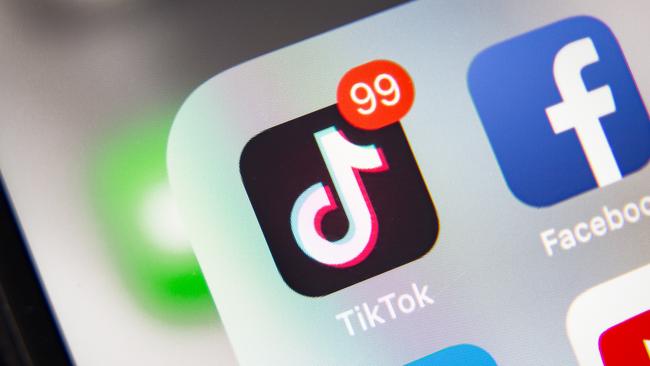
TikTok has now been downloaded more than two billion times, including a record 315-million-plus installs in the three months to the end of March. And that’s before we all had nothing better to do during lockdown. In the US it is on track to top 50 million users by next year, after doubling to 37 million in 2019, according to the research firm eMarketer. About two-thirds of its users are under 30.
Yet TikTok is much more than the latest social media challenger that has Facebook boss Mark Zuckerberg waking up in a cold sweat. It is also the first Chinese app that has taken off in the West. It has launched music careers — Lil Nas X credits the app with turning Old Town Road from a meme into a platinum hit — and spawned its own industry.
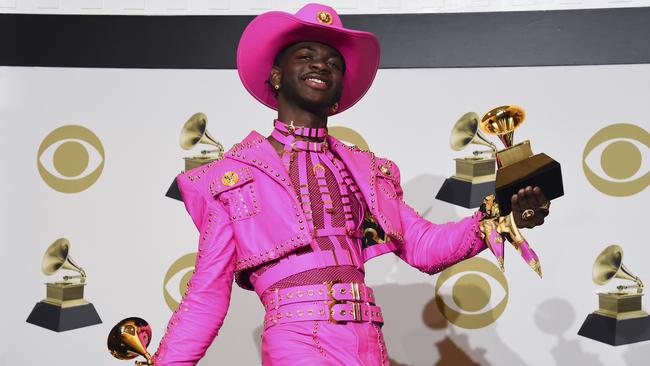
Charli D’Amelio, a 16-year-old TikTok celebrity, was signed this year by the leading Hollywood firm United Talent Agency to cash in on her 66 million followers, who watch her dancing around her bedroom.
In Beverly Hills, young people have teamed up to rent out TikTok houses — mansions where they live together, make videos, rack up followers and rake in sponsorship deals.
Yet while the app has grown as a cultural force, so have the controversies and questions about its practices. It has been fined for collecting children’s data. It admitted to censoring videos made by gay, fat and disabled creators, and it is being investigated by US congress on national security grounds. Senators fear it allows China to access its vast trove of data on US citizens and is taking orders from Beijing on what content can and cannot appear on the platform,
Republican senator Josh Hawley last year called TikTok: “A company compromised by the Chinese Communist Party (that) knows where your children are, knows what they look like, what their voices sound like, what they’re watching and what they share with each other.”
The company is adamant that Beijing has no influence on its operation and none of the servers that hold the data of its American users are on Chinese soil.
What is clear is that, despite the unsettling allegations, it is a phenomenon the like of which has not been seen since Zuckerberg launched his little social network in his university residence halls 16 years ago. Like thefacebook.com, as it was then known, TikTok has an image as a destination for lighthearted nonsense that disguises the blindingly ambitious designs of one man bent on changing the world.
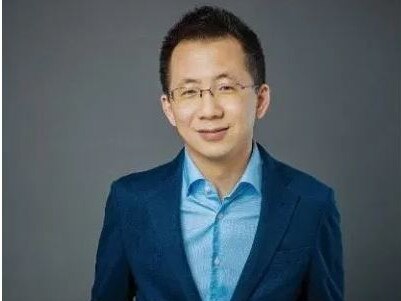
Zhang Yiming, 37, the son of civil servants, founded TikTok’s parent company, ByteDance, in an apartment in Beijing eight years ago. The software engineer married his college sweetheart and worked at a few start-ups after university, with a brief stop at Microsoft in China, before setting up his company. Its first product was Tuotiao, a news aggregation app powered by algorithms that tracked users’ behaviour across thousands of sites to form an opinion of what might be of most interest to them and then recommended stories accordingly.
This was critical because the stories it suggested didn’t necessarily have anything to do with someone’s social network, unlike Facebook, Instagram and Snapchat. What was important was not so much who they followed, but the stories they engaged with and where else they went online. This technology was repurposed and refined for TikTok, which launched under the name Douyin in China in 2016.
The data analyst CB Insights said ByteDance’s recommendation algorithms were its “secret sauce”. Steve Huffman, head of the social news aggregator Reddit, was less charitable, claiming TikTok was “fundamentally parasitic”.
The way it tracks user behaviour round the web, he said earlier this year, was “truly terrifying” and added: “I actively tell people, ‘Don’t install that spyware on your phone’.”
Zhang launched TikTok outside China in 2017 and in America in 2018 after ByteDance bought rival Musical.ly, which had built a following of young people posting lip-sync videos.
The app’s never-ending scroll of “snackable” videos (they last between 15 and 60 seconds) proved wildly addictive, with the average user spending 52 minutes a day on the app, more than YouTube or Snapchat and on a par with Instagram (53 minutes) — the key driver of Facebook’s empire as young people abandon “the blue app”.
An unprecedented marketing binge has also helped. Flush with cash from deep-pocketed backers and the success of Toutiao, the company paid an estimated $US1bn ($1.45bn) for advertisements in 2018 alone and was the top spender last year on Snapchat, one of the many popular apps that it hopes to leapfrog.
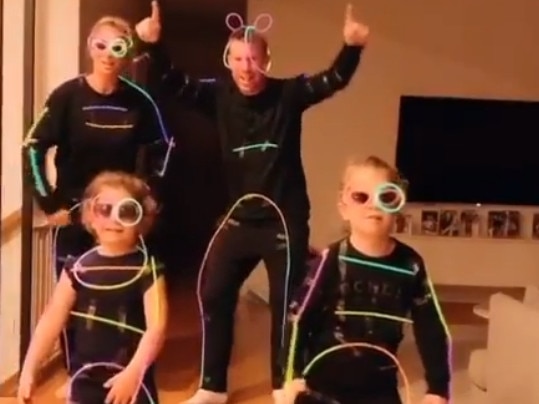
Zhang is a taskmaster. He requires executives to make their own TikTok videos. If their creations don’t obtain a sufficient number of “likes”, he makes them do press-ups. Employees are barred from talking to the press and Zhang himself rarely does interviews.
His ambitions appear boundless. Last year the firm launched its first smartphone in China. There are more than 20 apps under the ByteDance umbrella, including mobile gaming and music, but TikTok is its runaway success, making the firm the world’s most valuable start-up and vaulting Zhang into the rarefied air occupied by other tech billionaires.
The company is private but, based on reports of recent share sales, its value has doubled in a year to as much as $US140bn. That surge, which has not been confirmed by ByteDance, would put Zhang’s 24 per cent stake at a cool 4US33bn-plus, leaving him in the rankings of the world’s richest behind the Tesla entrepreneur Elon Musk ($US41.3bn) and ahead of the music mogul and investor Sir Len Blavatnik ($US26.3bn).
Powerful forces are marshalling against Zhang — including the Federal Trade Commission and the US national security apparatus — but he is only getting started. His goal is for ByteDance to take its place alongside or, better yet, to surpass the US tech titans. Last month he poached Kevin Mayer, a top Disney executive, as its new chief operating officer. Zhang said the American will help take his empire “to the next level”.
“Just like there was an international division of labour in the industrial age, in today’s information age there’s also an international division of labour. Chinese entrepreneurs must also improve their own capabilities as they go global,” he told the South China Morning Post last year.
“Google is a company without borders. I hope Toutiao will be as borderless as Google. Personally, I hope to do things that are interesting and meaningful to society.”
The Sunday Times


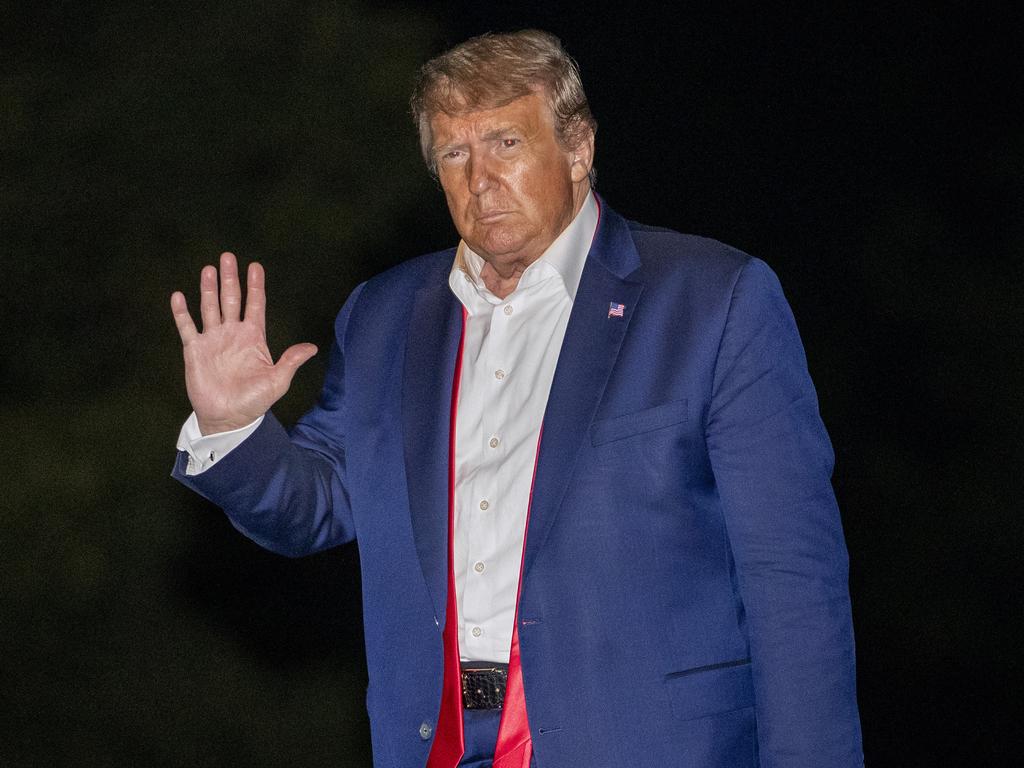



To join the conversation, please log in. Don't have an account? Register
Join the conversation, you are commenting as Logout